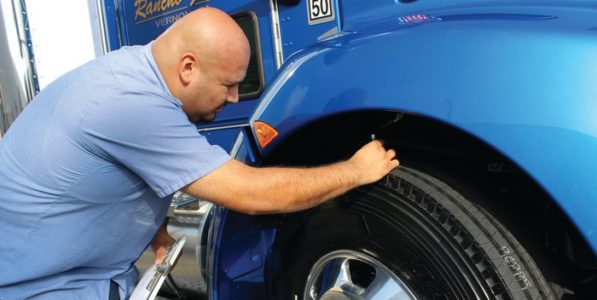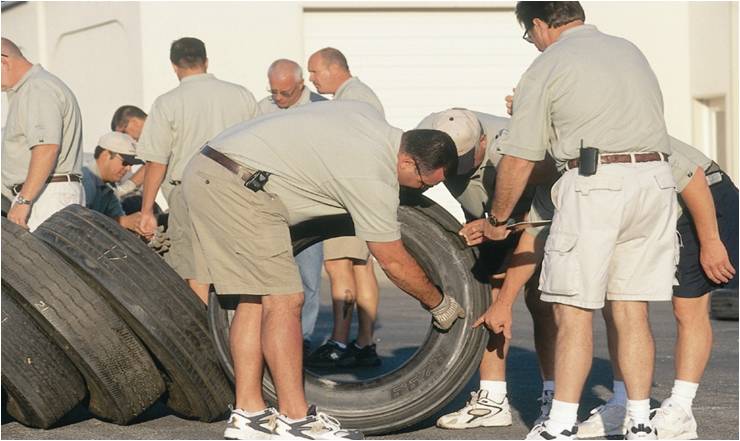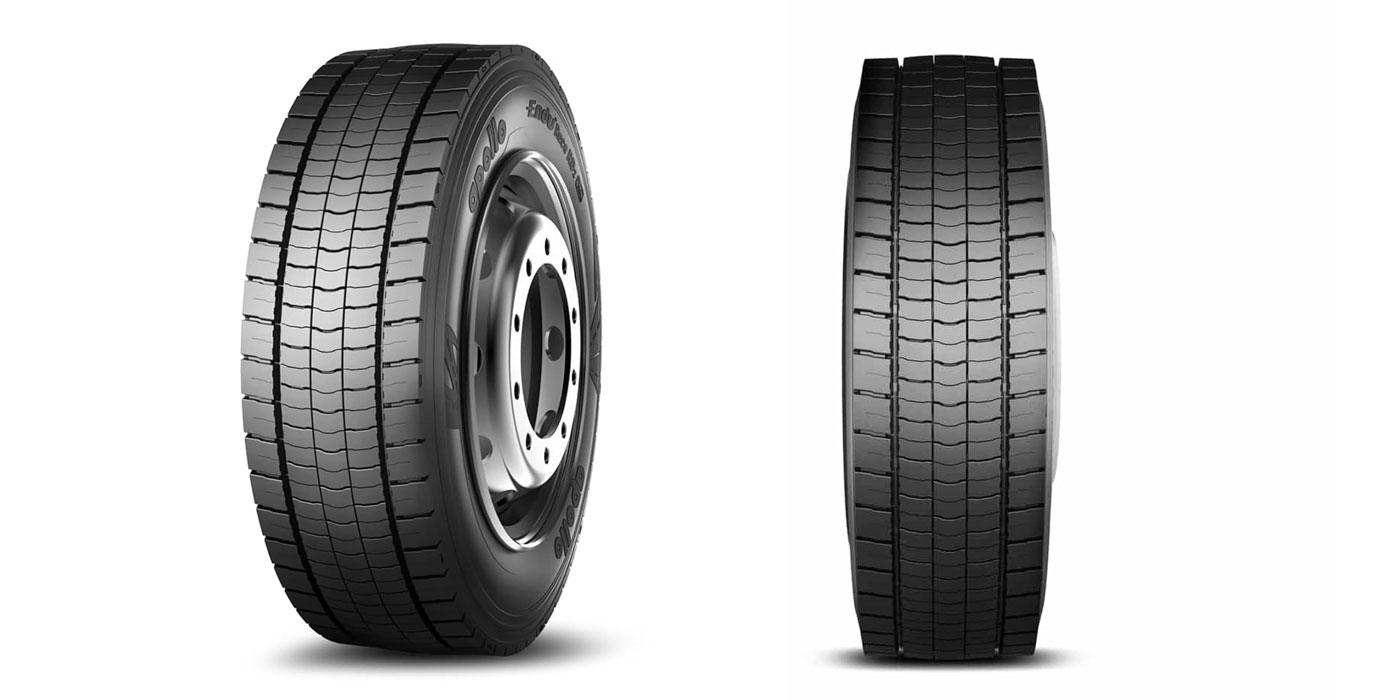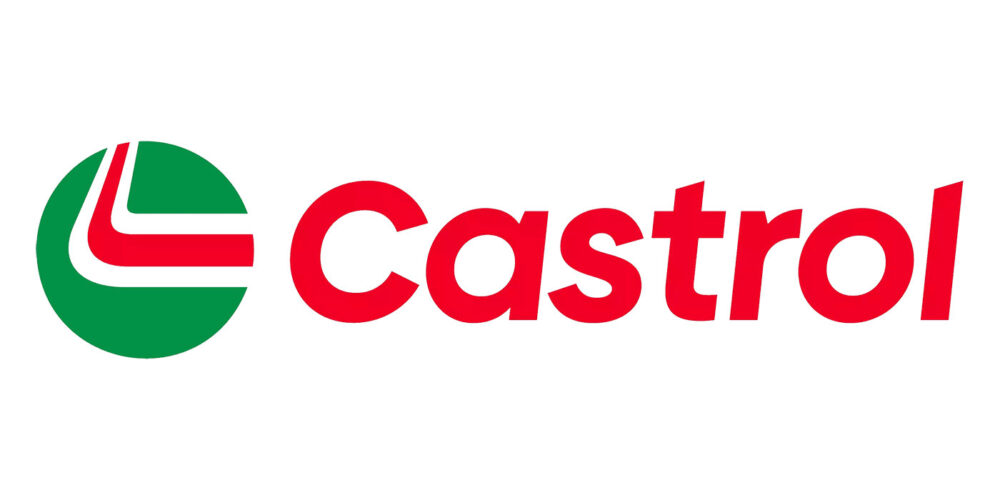Every tire tells a story—a saga of the hundreds upon thousands of miles of rubber laid down on highways and byways. Once a tire comes out of service, it’s important to listen to what that tire has to say. Every pinhole of air pressure loss is an anecdote, every instance of premature tread wear a poem. Road-trip romanticism aside, that tire’s story can be turned into data for your fleet’s scrap tire analysis process. It’s a crucial step in tire management—a tool that allows you to track and evaluate your tire program, letting you minimize tire expenses and improve your bottom line by identifying tire wear trends.
Scrap analysis can be broken down into operational performance issues and causes of out-of-service issues. Operational performance results might include curbing, design, driver-induced or load distribution, whereas out-of-service issues would include poor retreading, failed repairs, etc.
“It is an important step to analyze the history of scrap tires and evaluate and determine the type of tire damage, the vehicles on which the tires were operating, as well as the areas they operate,” said Paul Crehan, director of product marketing for Michelin Americas Truck Tires. “If there is a lot of damage, it is crucial to determine the source of the damage. Key to the evaluation would be the tire manufacturer, tire design, tire size, ply rating, age, number of retreads, casing condition, tread depth, load distribution and alignment. If the problem is accurately diagnosed, changes and new practices can be implemented to correct the issue.”
The first thing to identify is the reason the tire was removed from service. Answer the question: “Why did this tire come off the truck?” Then you will want to note how much tread was left on the tire that didn’t get used.
“This represents lost dollars as the tire didn’t provide a full life cycle of service,” explained Rick Phillips, vice president of sales for Yokohama Tire Corp. “Most service-related failures though occur when the tire hits something unexpectedly. This mostly occurs on the trailer position because it’s the farthest from the driver, next would be drive tires and then hopefully only a few steer tires since the driver is more aware due to their proximity to the steering wheel. Outside of hitting something the second reason for premature failure would usually be lack of maintenance, and that’s typically due to operating the tire without enough air to properly support the load. This can literally cause the tire to come apart.”
In terms of tire failures, it’s important to look for anything unusual such as nails, bolts or road debris, in addition to the color of the rubber on failed tires, which may indicate if they were overheated due to low pressure or overloading, detailed David Smothers, field service engineer for Double Coin Tires.
Service failure conditions would include improper repairs, mounting damage with torn beads and load/inflation issues. The age of the casings and the number of retreads also needs to be looked at. Most importantly, ensure that your tires are being repaired properly.















